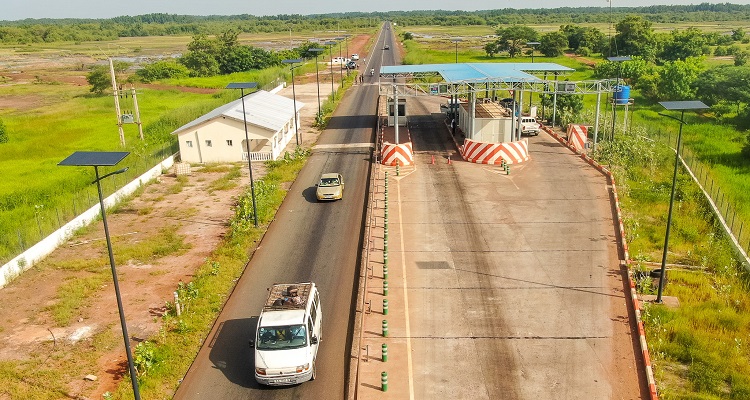Gambiaj.com – (Rotterdam, Netherlands) – The Gambia has clinched a significant $100 million investment from the World Bank to bolster climate resilience in its vital transport and energy sectors. The transformative funding, announced by the Global Center on Adaptation (GCA) in Rotterdam, targets long-standing gaps in infrastructure while bracing for climate impacts that increasingly threaten the low-lying West African nation.
The investment, under the Africa Adaptation Acceleration Program (AAAP)—a joint initiative with the African Development Bank—will see about 150 kilometers of roads upgraded to climate-resilient, all-season standards, and over 200 kilometers of power transmission lines strengthened.
This will directly address stark inequalities in energy access, which remains patchy outside urban areas, and the vulnerability of rural communities, who often live more than two kilometers from a reliable road.
The Gambia, already grappling with flooding, sea-level rise, and extreme heat, has seen climate shocks erode critical infrastructure, exacerbating social and economic challenges.
The new funding seeks to break that cycle. “By integrating adaptation into transport and energy investments today, we are helping The Gambia build a more resilient and inclusive future,” said Professor Patrick V. Verkooijen, President and CEO of GCA.
Beyond physical upgrades, the project will support policy reforms and institutional strengthening, working with key national agencies such as the National Roads Authority and the Ministry of Petroleum and Energy.
A key feature is a climate hazard and vulnerability assessment across intermodal transport and energy networks, pinpointing risks to healthcare, food, markets, and jobs.
Nature-based solutions—like mangrove restoration to protect jetties and wetlands buffering roadways—will also be integrated into the investment framework.
GCA’s support includes gender-responsive vulnerability assessments, aiming to ensure women and marginalized communities, often hit hardest by climate impacts, gain safer mobility and better access to livelihoods and healthcare.
The project aligns closely with The Gambia’s National Development Plan, National Transport Policy (2018–2027), and Electricity Sector Roadmap (2021–2040).
According to GCA, it sets a precedent for how climate adaptation can drive development. It is expected to create jobs, improve connectivity for rural and urban populations, and deliver sustainable energy without deepening vulnerabilities.
For The Gambia, this World Bank-backed initiative is more than an infrastructure boost—it’s a lifeline for inclusive growth in an era of climate uncertainty.










